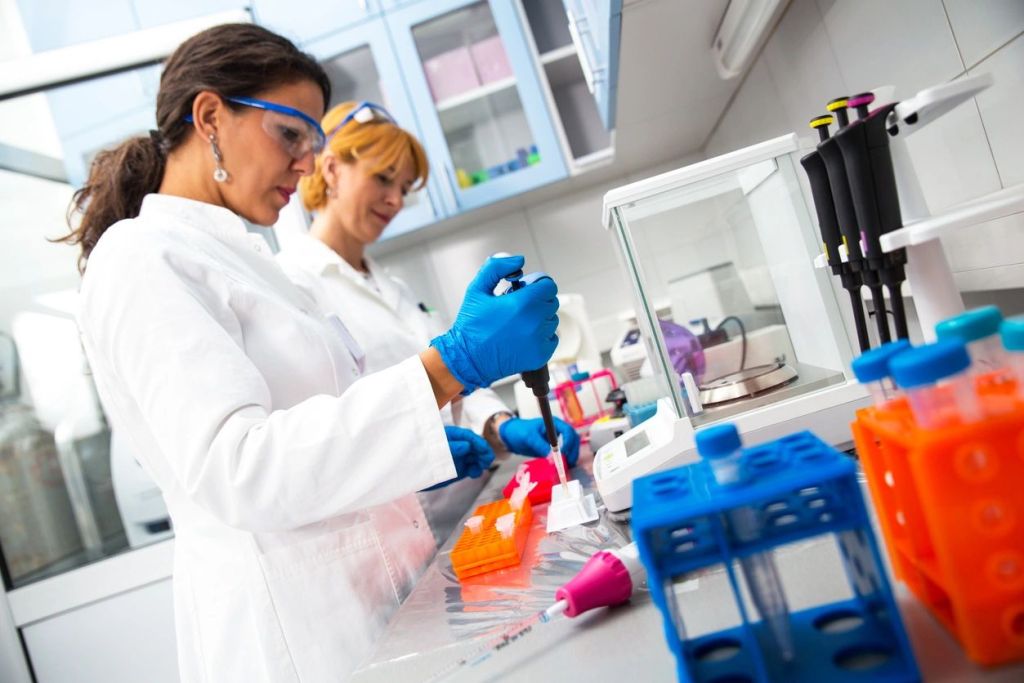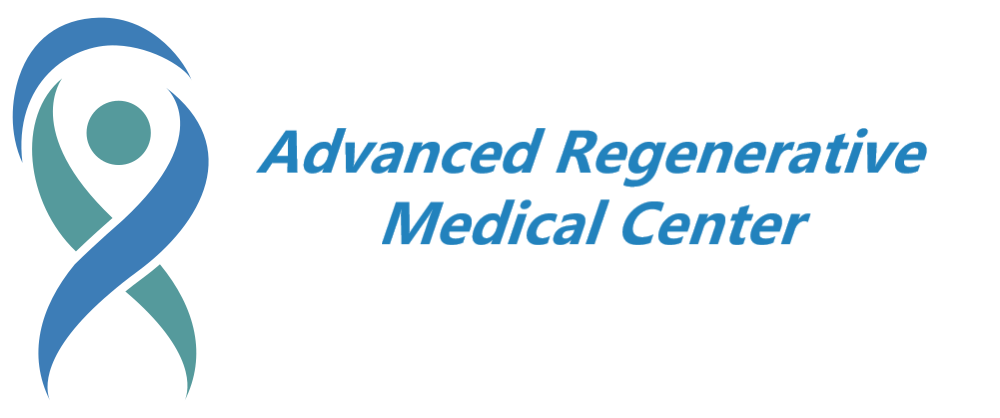
Stem cell therapy is currently unavailable due to a ban by the FDA. See the Wharton’s Jelly tab for the best alternative to stem cells.
Stem cell products are regulated by FDA, and generally, all stem cell products require FDA approval. Currently, the only stem cell products that are FDA-approved for use in the United States consist of blood-forming stem cells (also known as hematopoietic progenitor cells) that are derived from umbilical cord blood. These products are approved for use in patients with disorders that affect the production of blood (i.e., the “hematopoietic” system) but they are not approved for other uses.
Stem cell therapy: What is it and what does it do?
You’ve heard about in the news, and perhaps you’ve wondered if it might help you or a loved one with a body aches and pain. You may wonder what stem cells are and how they’re being used to treat injury.
What are stem cells?
Stem cells are the body’s raw materials — cells from which all other cells with specialized functions are generated. Under the right conditions in the body or a laboratory, stem cells divide to form more cells called daughter cells.
These daughter cells either become new stem cells (self-renewal) or become specialized cells (differentiation). These cells have a specific function, such as blood cells, brain cells, heart muscle or bone. No other cell in the body has the natural ability to generate new cell types.
What is stem cell therapy (regenerative medicine), and how does it work?
Regenerative medicine, promotes the reparative response of diseased, dysfunctional or injured tissue using stem cells or their derivatives.
Researchers grow stem cells in a lab. These stem cells are manipulated to specialize into specific types of cells, such as muscle cells, blood cells or nerve cells. The specialized cells can then be implanted into a person. For example, if the person has a torn labrum in the shoulder, the cells could be injected into the labrum. The healthy transplanted cells could then contribute to repairing torn tissue.
Call 727-474-4158 or fill out the Contact Us form to schedule your consultation. See if you are a candidate for Stem Cell Therapy
If you would like to read more, follow this link to the US National Library of Medicine National Institutes of Health for a review published in 2020.
